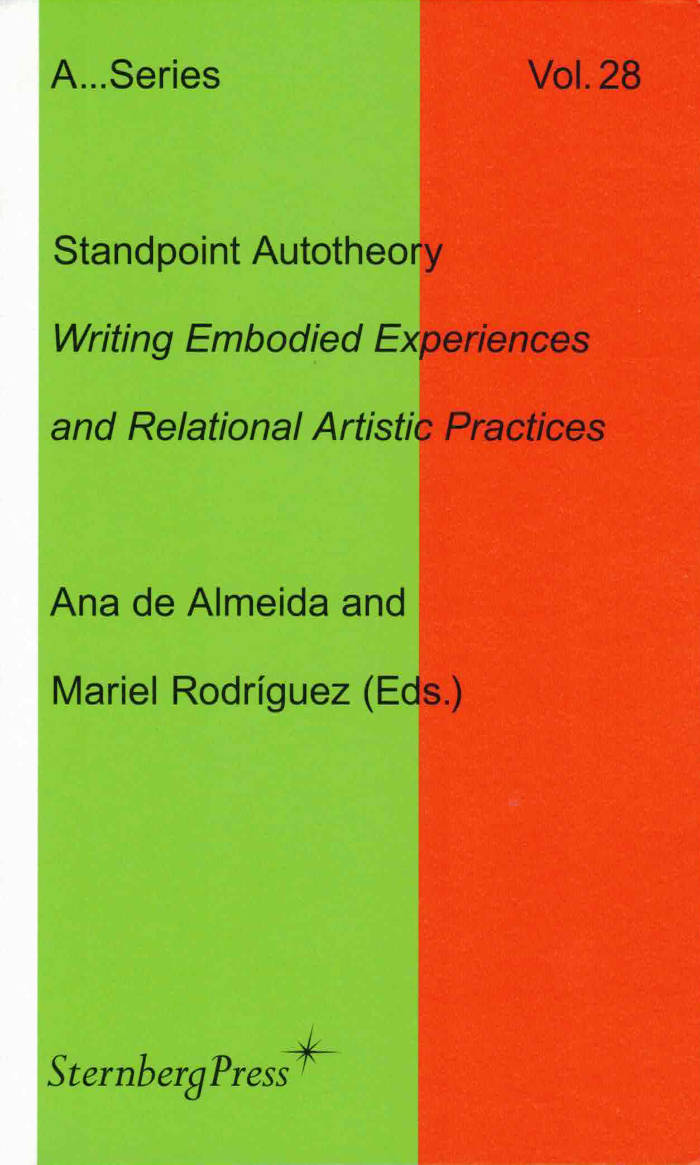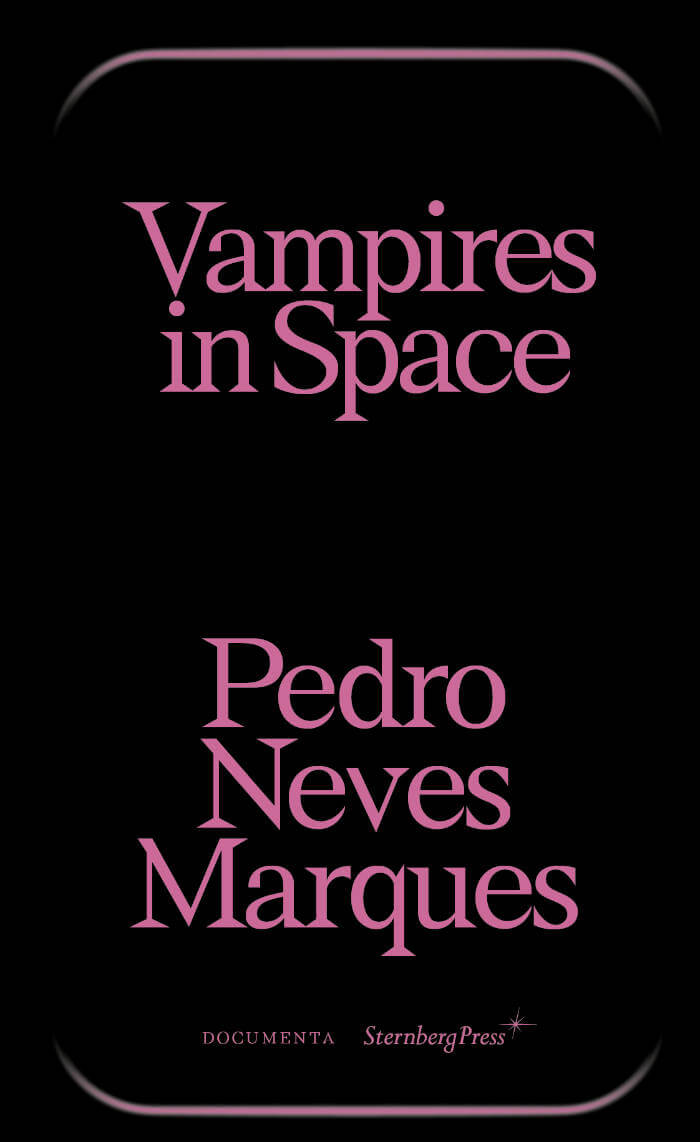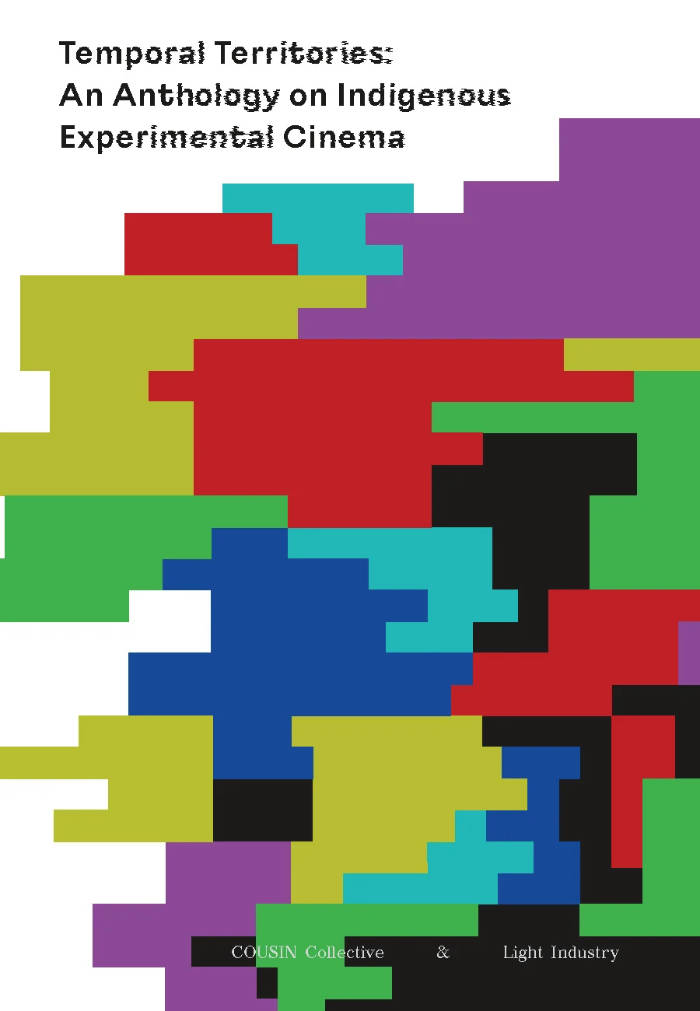
Raven Chacon: A Worm’s Eye View From a Bird’s Beak
Stefanie Hessler ed., Katya García-Antón ed., Alison Coplan ed.
A career-spanning catalogue featuring excerpts from Raven Chacon’s scores, musical prompts, and drawings interspersed with full-color documentation and descriptive texts of installations, sculptures, and performances. Raven Chacon is a composer and artist creating musical experiences that explore relationships among land, space, and people.
In an experimental practice that cuts across the boundaries of visual art, performance, and music, Chacon breaks open musical traditions and activates spaces of performance where the histories of the lands the United States has encroached upon can be contemplated, questioned, and reimagined. In 2022, Raven Chacon became the first Native American to win the Pulitzer Prize for Music, and was awarded a prestigious MacArthur “genius” fellowship in 2023.
Texts by Raven Chacon, Lou Cornum, Aruna D'Souza, Candice Hopkins, Anthony Huberman, Ingir Bål Nango, Marja Bål Nango, Dylan Robinson & Patrick Nickleson, Eric-Paul Riege, Sigbjørn Skåden, Ánde Somby.
Foreword by Katya García-Antón and Stefanie Hessler.
Language: English







